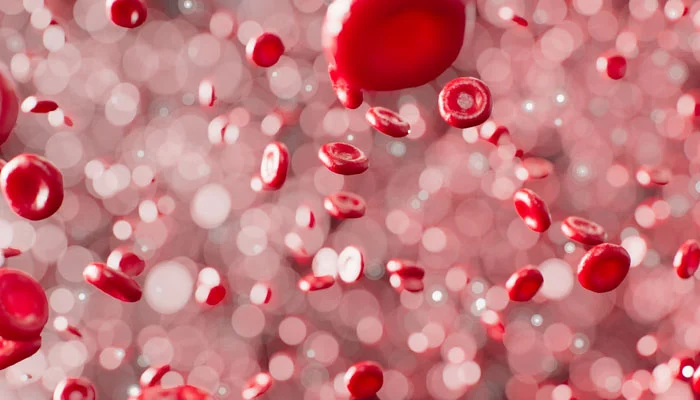Certain societies and traditions, mostly found in the Eastern part of the world, use an individual’s astrological chart to determine their characteristics.
In the same vein, a few nations—Japan and South Korea, for example—believe that a person’s blood type is more significant than their astrological preferences.
Blood Type and Personality: Tokeji Furukawa, a Japanese academic, is credited with initially developing the theory that a person’s blood type can predict their personality.
In the 1930s, he went so far as to publish a study discussing blood kinds.
Characteristics of Blood Type B: Individuals with Type B blood are typically quiet, stubborn, tense, dependable, kind, responsible, worried, calm, and reserved.
Their greatest qualities are also their consistency, organization, perfectionism, and loyalty.
Nevertheless, they have certain negative traits as well, such as being meticulous, highly sensitive, gloomy, and easily stressed.
Furthermore, until they feel at ease with the close-knit circle of friends they make, they are likely to keep their own feelings hidden.
In Western medicine, blood types are essentially defined by the presence or lack of antigens that determine whether a person’s blood type is compatible or incompatible with another person’s.
The primary differentiator is a protein on the surface of red blood cells known as the Rh factor (Rhesus), which is inherited. An individual has a positive type if their body has the component, and a negative type if it does not.
What four blood types are there?
Blood can be divided into four primary types: A, B, AB, and O. They are separated further into O+, O-, AB+, AB-, B+, B-, and A+, A-.
How can I determine my blood type?
Only blood type testing, which is often done in a hospital or clinic, can determine blood type. Many people typically don’t know their blood type for their entire life and only find out in an emergency or other dire situation.






